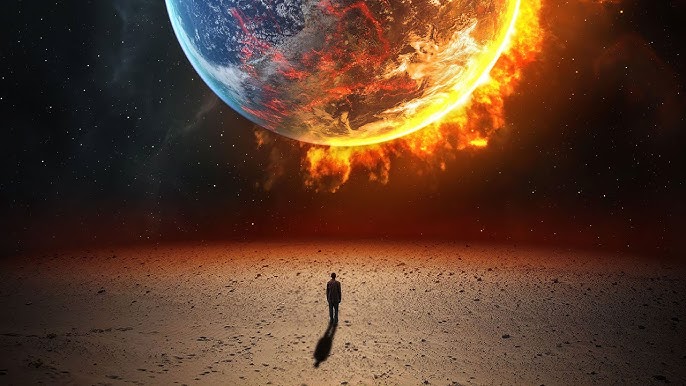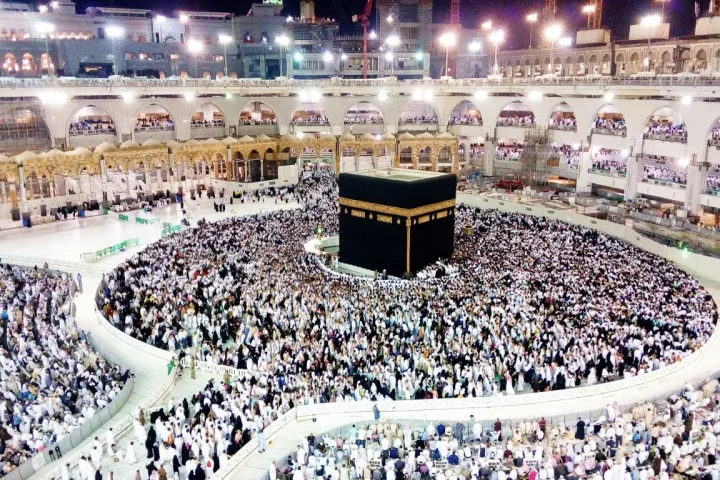A new astrophysical study has sparked global scientific debate, suggesting that the universe might one day end in a “reverse explosion” — the opposite of the Big Bang — within approximately 20 billion years. Researchers propose that this event could result from a shift in the behavior of dark energy, the mysterious force driving the universe’s accelerated expansion.
According to the analysis, after expanding for 13.8 billion years since the Big Bang, the universe may eventually stop expanding and begin to contract, entering a phase known as the Big Crunch, in which galaxies, stars, and matter collapse back into a dense cosmic core — essentially ending as it began, but in reverse.
This hypothesis is based on the possibility that dark energy could one day change its nature — transforming from a repulsive force to an attractive one — leading to a cosmic reversal in the universe’s expansion.
Modern cosmological models indicate that, while such an event lies billions of years in the future, its likelihood depends on the true nature of dark energy, which remains one of the most profound mysteries in physics, accounting for roughly 68% of the universe’s composition.
Scientists emphasize that this remains a theoretical scenario, one among several competing models of the universe’s fate — including the “Big Freeze” and the “Big Rip” — all part of humanity’s ongoing quest to understand the origin, evolution, and ultimate destiny of the cosmos.
















